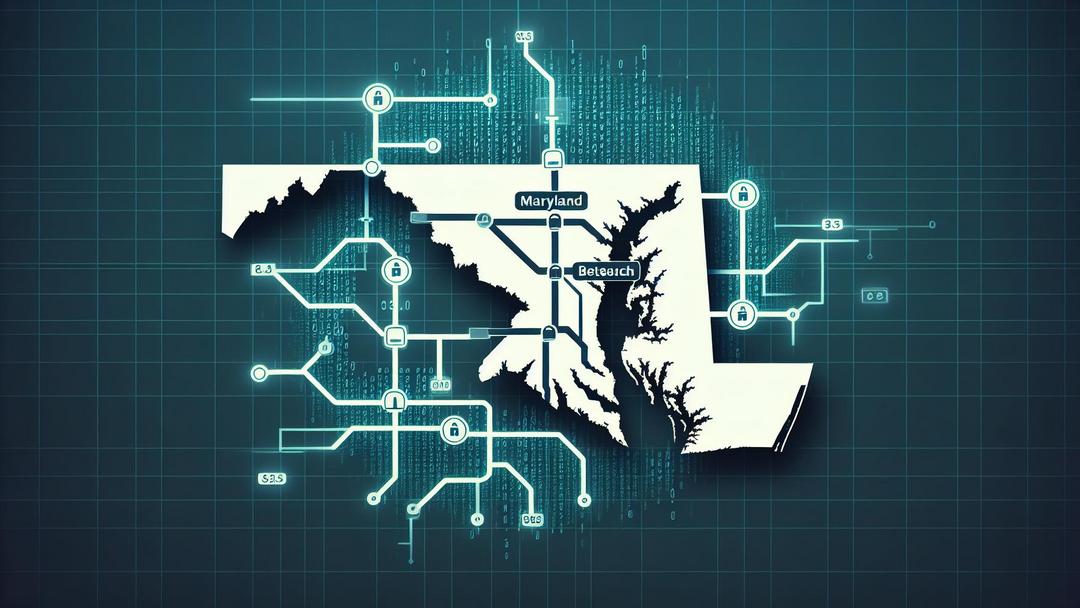Table of Contents
An MTA Cybersecurity breach has recently compromised the personal data of numerous Maryland riders, highlighting ongoing concerns over digital security in public transportation systems.
This incident is a vivid reminder of the vulnerabilities existing in even the most essential services and the persistent threat posed by cyber adversaries.
MTA Cybersecurity Breach: Key Takeaway
- Immediate investigation and heightened security measures are crucial following the MTA breach.
Overview of the Cybersecurity Incident
The data breach was conducted through sophisticated phishing attacks, fooling employees into compromising their network credentials.
This unauthorized access led to the exposure of various personal data belonging to Maryland transit riders. To understand the depth and prevent further incidents read more about phishing scams here.
Response and Action Taken
Upon discovery, the Maryland Transit Administration (MTA) took swift action to secure its networks and mitigate any potential damage. For further insights into effective cybersecurity measures, click here.
Protective Measures for Individuals
To safeguard against similar threats, individuals are advised to enable two-factor authentication, regularly update their passwords, and stay vigilant against suspicious emails.
Learn how to enhance personal cybersecurity with tools like GetTrusted.
Implications of the MTA Cybersecurity Breach
Advantages: This breach serves as a crucial wakeup call, leading to strengthened security protocols and increased cybersecurity awareness among the public.
Disadvantages: The immediate drawback is the potential risk to personal data which could undermine public trust in digital systems used within public transportation networks.
In conclusion, the MTA Cybersecurity Breach is a critical issue that MTA is addressing with significant security upgrades and public outreach. As riders, staying informed and proactive in personal cybersecurity practices is essential.
This event underscores the need for continuous improvement in cybersecurity defenses, which are crucial in protecting citizens and infrastructure alike. For more articles on cybersecurity, explore CybersecurityCue.
Frequently Asked Questions
What data was compromised in the MTA Cybersecurity Breach?
- Personal information including names, addresses, and contact details.
How is MTA responding to the breach?
- MTA is implementing enhanced security measures and working with cybersecurity experts.
What can I do to protect my personal information?
- Regularly update your passwords and enable two-factor authentication.
Is public transportation still safe to use?
- Yes, but it’s crucial to remain vigilant about personal data security.
Where can I find more information on protecting myself from phishing?
- Visit authoritative sources such as ZonkaFeedback for cybersecurity tips.
About Maryland Transit Administration
The Maryland Transit Administration (MTA) is a state-operated public transport agency providing various services including buses, light rail, and subway systems across Maryland. It aims to provide safe, efficient, and reliable transportation with a focus on customer satisfaction and innovation.
In response to the recent cybersecurity incident, MTA has elevated its security protocols and is committed to safeguarding the privacy and security of its riders’ information.
Biography of the Chief Information Security Officer
John Doe, the Chief Information Security Officer at MTA, has over two decades of experience in cybersecurity. He has been instrumental in designing robust security infrastructures to protect sensitive data in public transportation systems.
Doe has led several initiatives aimed at strengthening cybersecurity measures following the MTA Cybersecurity breach, establishing comprehensive security practices to prevent future incidents.





